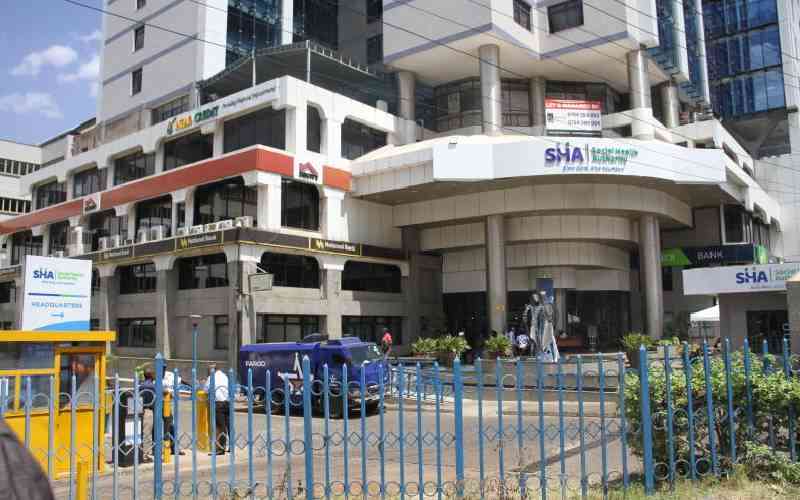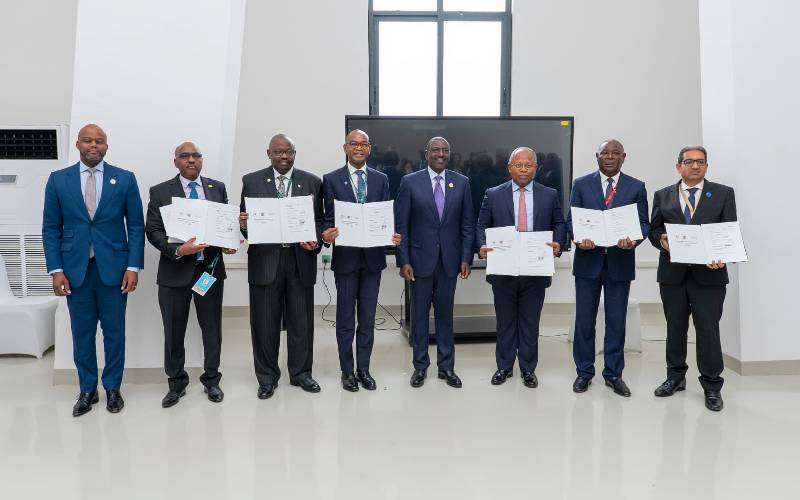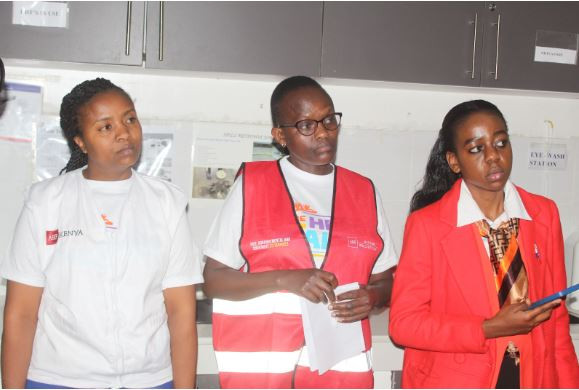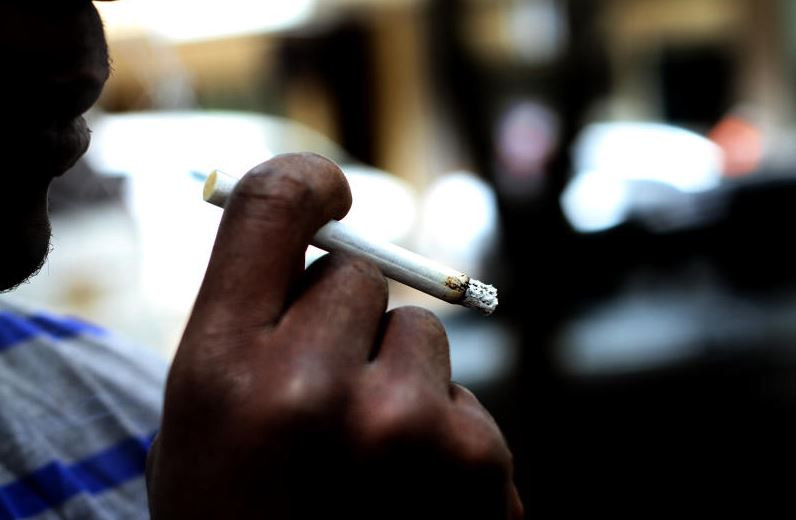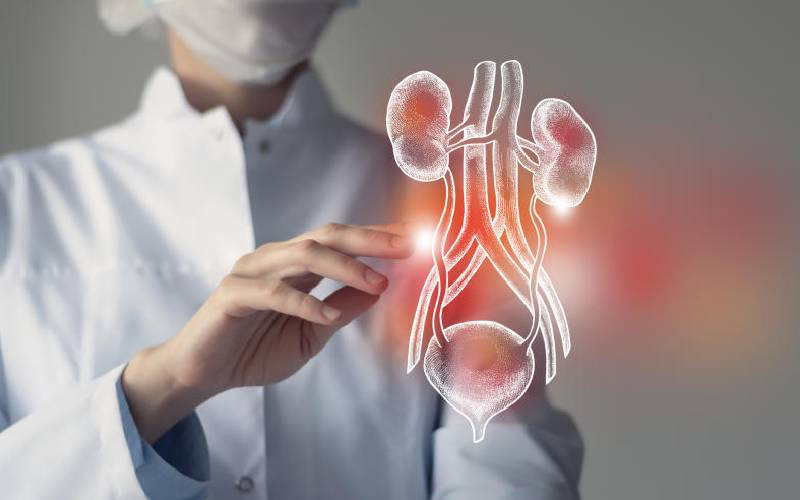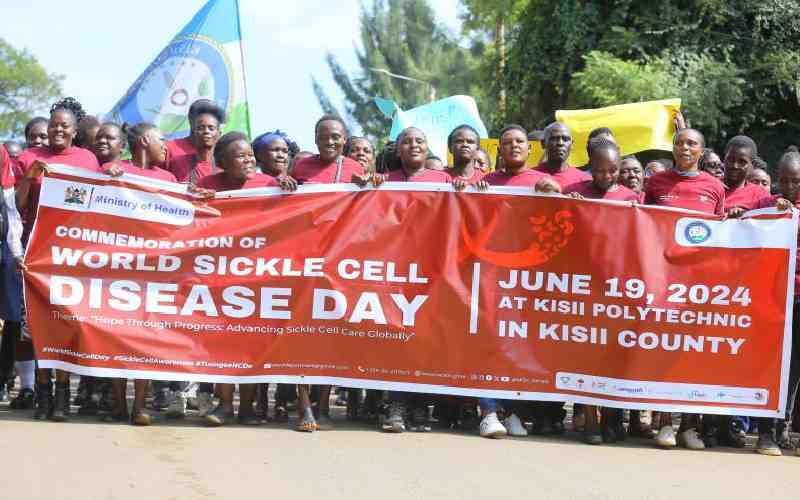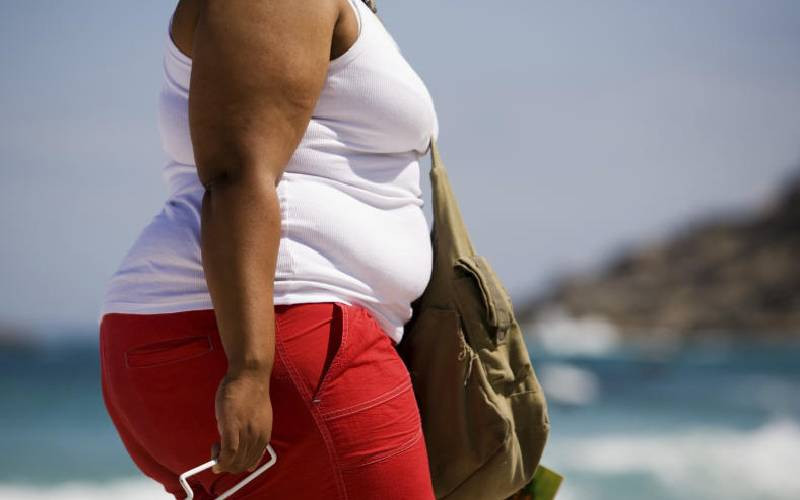
Mary Help the Sick Mission Hospital in Thika has introduced TikTok Health Talks to educate and support mothers and families. [Courtesy]
Mary Help the Sick Mission Hospital in Thika is transforming maternal and child healthcare with its state-of-the-art Mother-Child Centre, supported by a digital initiative.
Recognising the power of digital spaces, the hospital’s Chief Executive Officer, Sister Bhagya Seeli, introduced TikTok Health Talks to educate and support mothers and families.
Young nurse TikTokers are leading the initiative, sharing expert advice on breastfeeding, maternal nutrition, pre-natal and post-natal care, and the importance of male involvement during labour and childcare.
“This approach has been highly effective, especially for busy parents who struggle to attend hospital-based health talks. Instead of requiring physical presence, short, engaging TikTok videos offer professional guidance at their convenience,” explained Seeli.
Last week, during the opening of the Mother-Child Centre, Catholic Archbishop Philip Anyolo praised the hospital’s high standards of care and hygiene. By integrating modern infrastructure with digital health education, Anyolo said the hospital is setting a precedent for how innovation, compassion, and technology can revolutionise maternal care in Kenya.
According to hospital matron Esther Wanjira, the new centre is designed to protect expectant mothers and newborns from infections by keeping them separate from other patients.
- How AI is revolutionising maternal health in remote villages
- Africa urged to invest in data to curb maternal deaths
Keep Reading
It offers routine check-ups, post-natal care, and specialised medical attention, reducing the strain on the main hospital, which handles over 170 deliveries monthly.
For mothers, such as Jane Njeri Kamau, the new facility is a beacon of hope. After a traumatic post-Caesarean experience with prolonged bleeding for four months, she credits the hospital’s dedicated medics for saving her life.
Rev. Peter Maina, who supported his wife for four months after childbirth, applauds the initiative, encouraging fellow men to take an active role in pregnancy and childcare.
“The doctors’ advice on TikTok helped me manage stress. More men should be involved,” he said.
Despite the hospital’s achievements, concerns remain over discontinuation of the Linda Mama programme, which provided free maternity services. Many women now fear the financial burden of childbirth.
Archbishop Anyolo raised alarm over the financial struggles facing missionary-owned hospitals. He warned that many could shut down if the government fails to settle pending payments.
“These hospitals provide essential healthcare services, especially in underserved areas, but delayed reimbursements threaten their sustainability,” he said.
His sentiments were echoed by the hospital board chair, Fr. Simon Ng’ang’a, who emphasised the need for the government to ensure that Social Health Authority (SHA) contributions and fees are promptly remitted to the institution.
“Failure to do so will incapacitate the hospital, and we may no longer be able to provide services in line with our framework and strategic plan,” he warned.
Fr. Ng’ang’a further revealed that the hospital is owed hundreds of millions by the defunct National Hospital Insurance Fund unpaid sums of money that are critical for sustaining operations.
 The Standard Group Plc is a multi-media organization with investments in media
platforms spanning newspaper print
operations, television, radio broadcasting, digital and online services. The
Standard Group is recognized as a
leading multi-media house in Kenya with a key influence in matters of national
and international interest.
The Standard Group Plc is a multi-media organization with investments in media
platforms spanning newspaper print
operations, television, radio broadcasting, digital and online services. The
Standard Group is recognized as a
leading multi-media house in Kenya with a key influence in matters of national
and international interest.

